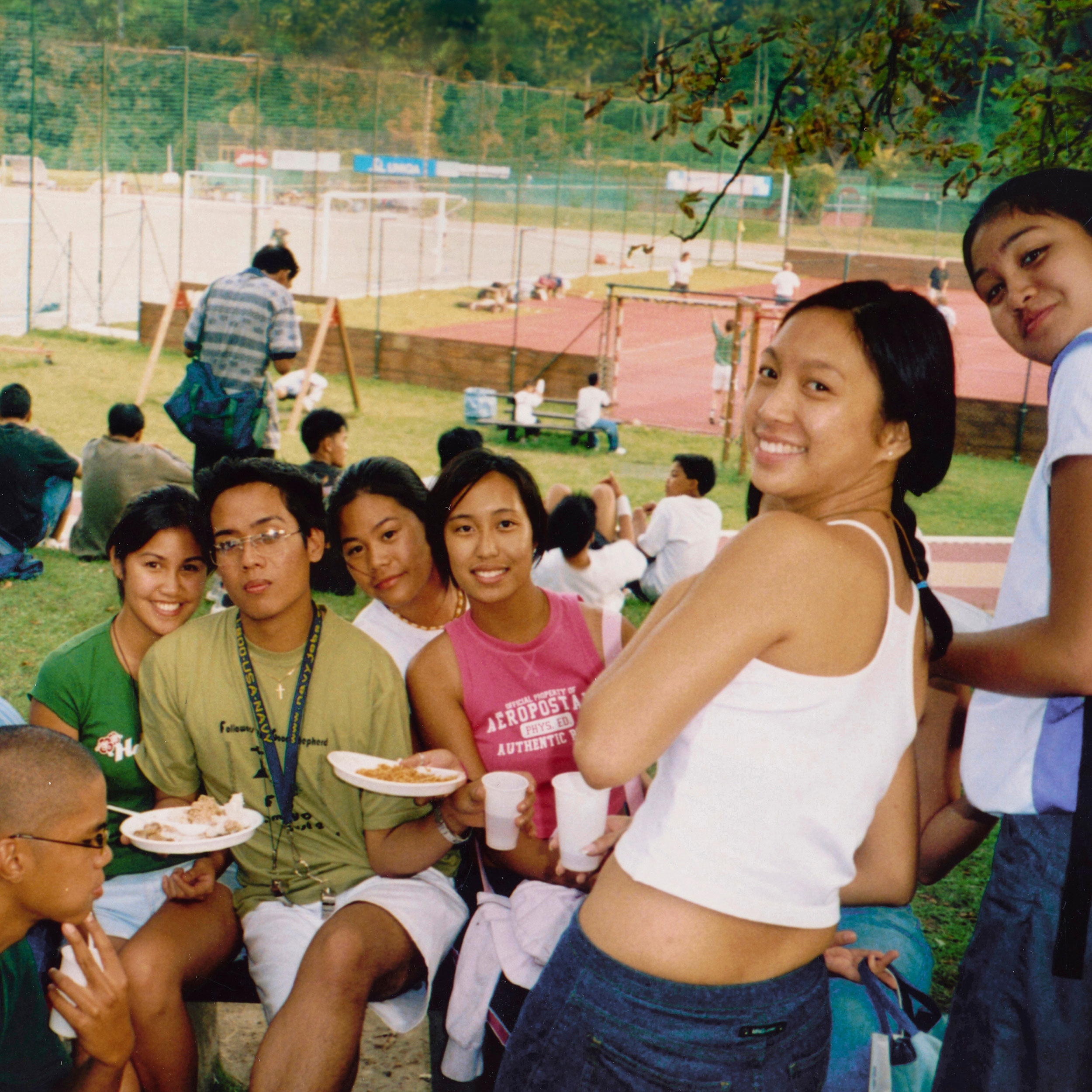The Wien Museum’s ongoing exhibition “Kumain Ka Na?” invites visitors into the heart of the Filipino community in Vienna — a story of migration, resilience, and cultural fusion.
Featuring the compelling photographic works of Chelsea Amada, Ina Aydoğan, and Ryan Noel, the exhibit visually narrates decades of Filipino presence in Austria, from the first generation of nurses to today’s artists, workers, and changemakers.
This deeply personal and political exhibit is accompanied by workshops led by sige! president Charmaine Taus.
With sessions like “Girl, Boy, Bakla, Tomboy”, “Mga Sugat na Hindi Nakikita” (Wounds That Can’t Be Seen), and “Diaspora on Decks”, Taus opens up intergenerational and intersectional dialogues on identity, queerness, mental health, and diasporic creativity.
The question “Kumain ka na?” — “Have you eaten?” — is more than a casual greeting. In Filipino culture, it is an expression of care, concern, and community.
It represents the deep-rooted values of affection and solidarity that have defined the Filipino experience in Vienna for over 50 years. The ties between Austria and the Philippines date back to 1973, when a bilateral agreement facilitated the migration of Filipino nurses to address Austria’s healthcare shortages. The first 20 nurses arrived in 1974, and with the renewal of the agreement in 2023, this bond now includes skilled labor in technical fields. These women — often the backbone of both Austrian hospitals and Filipino households — became cultural ambassadors, quietly reshaping Austrian society while preserving their traditions.
The exhibition also traces the history of labor migration from the U.S. colonial era to the modern-day Filipino diaspora.
American colonial policies that trained Filipino nurses to U.S. standards laid the groundwork for this global migration — an exportation of care, skill, and service that became a lasting legacy.
Vienna’s Filipino community, rooted in care work, has grown into a vibrant cultural presence. From church youth groups like Kids for Christ to global stages, Filipino-Austrians have made their mark. Notable artists like Vincent Bueno, Rose May Alaba, and this year’s Eurovision winner JJ (Johannes Pietsch) emerged from these spaces, showing the power of culture to transcend borders.


